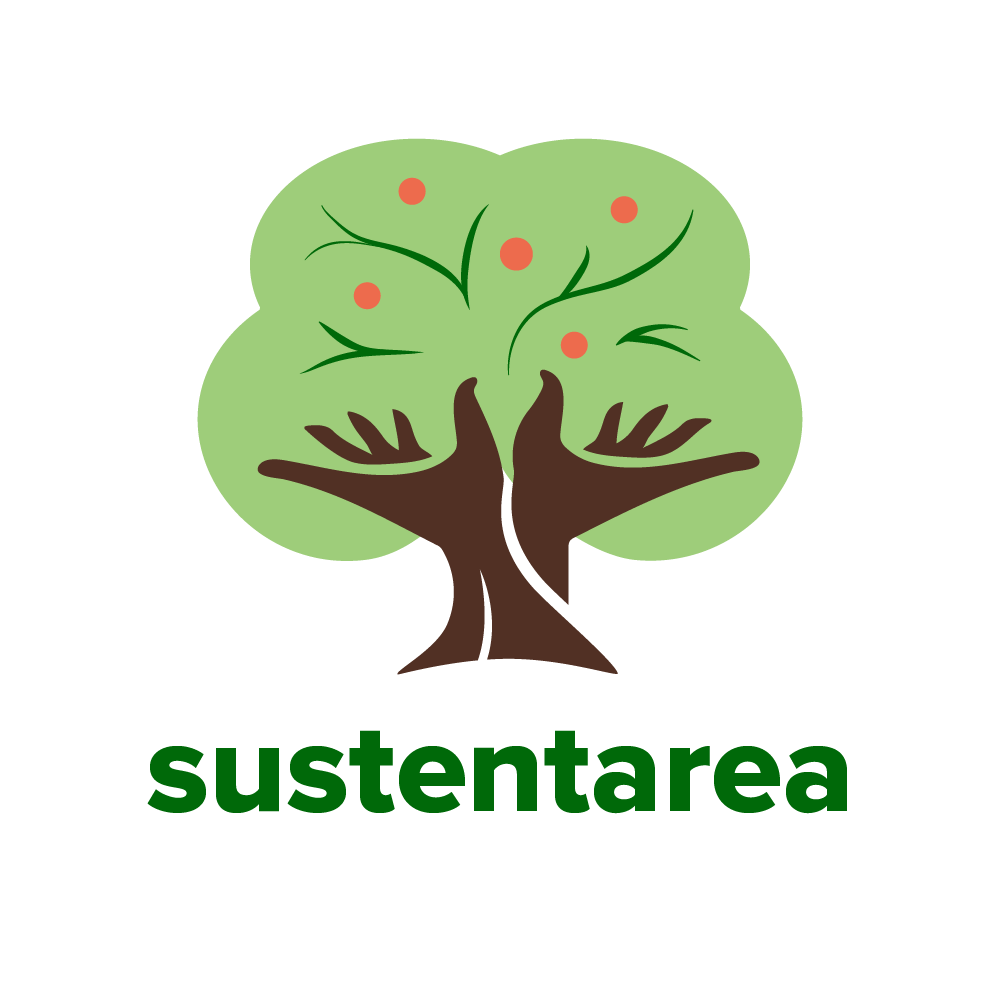During the 2019 Planetary Health Annual Meeting, I had the honor of being mentored by Dr. Willian Dietz, the Director of Sumner M. Redstone Global Center for Prevention and Wellness at the Milken Institute School of Public Health at The George Washington University. He specializes in obesity prevention and co-authored the paper “The Global Syndemic of Obesity, Undernutrition, and Climate Change” published by The Lancet in January 2019. He and his co-authors aggregated evidence and debated how obesity, undernutrition, and climate change interact with each other to produce complex damage for society and for the planet. Besides that, the authors also suggested strategies to fight against this syndemic and explored alternatives for a better future. This paper brings a lot to think about, and if you haven’t read it yet, please do so.

During the meeting I had the pleasure of having lunch with Dr. Dietz, and we discussed his impressions about the syndemic and strategies to combat it, such as policies that could shift the current status of obesity in the world. He also talked about his current work at the George Washington University and some past work of his. I had many opportunities to ask questions and to consider his ideas.
During the lunch, I also met another scholar named Nancy López Olmedo, an epidemiology researcher working with obesity in Mexico. Dr. Dietz asked us about our work. Nancy contributed her views and experiences with obesity epidemiology in Mexico, and I talked about the challenges of defining and promoting sustainable diets in Brazil. I also discussed my postdoc at the University of Michigan and the Extension Project that I coordinate at University of São Paulo. This project, called Sustentarea, promotes sustainable diets for Brazilians through workshops, discussions, social media, and books, and I was thrilled to inform both scholars about our Manifesto on sustainable food that we published a couple of months ago.

Nancy and I attended Dr. Dietz’s presentation, which brought to light the fact that obesity prevalence is rising in all regions of the world and that no country has successfully reverted this problem. Dr. Dietz explained how food systems — including different types of agriculture, transport, land use, and urban design — influence food environment and affect climate change, obesity, and undernutrition. He also highlighted some actions that could be done to address this problem, such as:
1) Reducing beef consumption, because beef has the largest impact of any food on the environment and has been associated with risk of chronic diseases;
2) Reducing ultra-processed foods (e.g. soda, cookies, processed meat), because foods with high sugar, salt and fat contents have been associated with a negative impact on health; and
3) Reducing food waste.
The one thing that I took away from the conference was that we need to count everyone’s actions to make a difference. We must urge mitigation and adaptation actions from cities, states, countries, international agencies, institutions, and people. We also need to articulate and work together to have a better diet and a better planet. We are not silos of concentrated effort, but rather our own network meant to support each other. It was such an inspirational conference, and I hope I can see you all again in the 2021 Planetary Health Annual Meeting, in São Paulo, Brazil to continue this amazing conversation. Até logo!
Post written for Planetary Health Alliance
medium.com/2019-planetary-health-annual-meeting/aline-martins-de-carvalho-spotlights-william-dietz-28500db6938d
Por Aline Martins de Carvalho
Veja outras publicações


